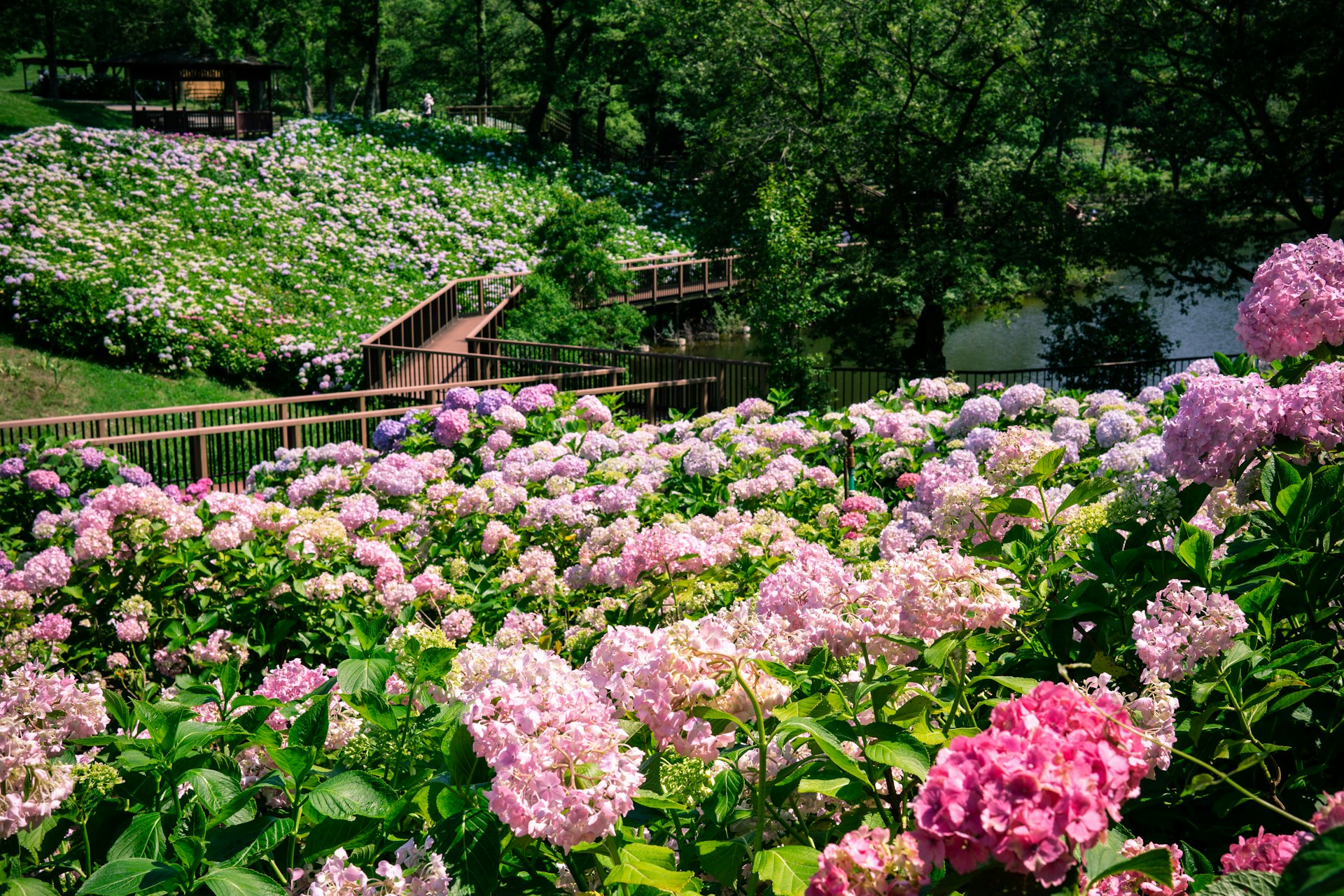How to Keep Your Garden Looking Great in the Summer
Summer is the season of garden growth, color, and vibrancy. However, maintaining that picture-perfect landscape amid rising temperatures and changing weather can often feel daunting. If you're a gardening enthusiast eager to keep your greenery thriving throughout the summer months, you're in the right place. This guide provides tips and insights to ensure your garden remains lush and inviting.

Understanding Summer Gardening Challenges
Summer brings warm weather that can be both a blessing and a curse for gardeners. While many plants thrive in the sun, excessive heat can lead to wilting, scorched leaves, and dehydration. Knowing how to protect your plants from extreme temperatures is crucial. But first, clean your garden space. In this case, you can use a Worx leaf blower or a rake to see the space you can work with. Then, choose the right plants. Opting for heat-tolerant varieties can make a significant difference. For example, succulents, native plants, and certain herbs like rosemary and thyme are designed to withstand high temperatures with less water.
● Watering Wisely
Water is vital for any garden, particularly during the scorching summer months. The key is establishing a consistent watering routine that adapts to changing weather conditions. One crucial tip is to water early in the morning or late in the afternoon. These times allow moisture to penetrate the soil more effectively, reducing evaporation caused by midday heat. Additionally, soaker hoses or drip irrigation systems can direct water precisely to the roots, minimizing waste and ensuring that your plants receive adequate hydration.
● Mulching Benefits
Mulching is often overlooked but is a potent tool for summer gardening. A good layer of mulch can significantly impact moisture retention, weed control, and soil temperature regulation. Applying mulch around your plants can help maintain consistent moisture levels by preventing evaporation. This practice can be particularly beneficial during heat waves, where the risk of rapid moisture loss increases. Additionally, mulch is a buffer against extreme soil temperatures, keeping roots cooler on hot days and warmer on cool nights.
This process must be done with care, from choosing the right product, to applying it evenly and at the right depth. Gardening enthusiasts often look for high-quality red mulch that not only performs well but also adds a vibrant visual contrast to their garden beds. The color helps highlight plants while still delivering all the practical benefits mulch provides. When used properly, it creates a polished look and promotes healthier, more resilient gardens.
Fertilizing for Growth
Just like humans, plants require nutrients to grow strong and healthy. Summer is a critical time for fertilizing, as many plants enter their peak growing season. However, choosing the right fertilizer for your garden's specific needs is essential. Consider organic fertilizers, such as compost or well-rotted manure. These enrich the soil and improve its structure, promoting better root growth and water retention. Plus, they are better for the environment compared to synthetic options.
Timing is equally important when it comes to fertilizing. Applying fertilizer too frequently in summer can lead to nutrient burn, harming your plants. Instead, consider using slow-release fertilizers that provide a steady stream of nutrients over time. This method allows plants to absorb what they need without overwhelming them. Another effective strategy is to fertilize after a rainstorm or watering. This helps the nutrients penetrate the soil and reach the plant roots more effectively. Keeping track of your fertilization schedule will ensure your plants receive the proper nutrients throughout the summer.
Pest Control Essentials
Common culprits include aphids, caterpillars, and spider mites. Familiarizing yourself with the signs of these pests will enable you to take action before they wreak havoc. Regularly inspect your plants, particularly the undersides of leaves, as this is a familiar hiding spot for pests. Look for webbing, discolored leaves, or unusual droppings. If you spot any pests, act quickly to mitigate their impact. Instead of turning to chemical pesticides, consider using natural pest control methods. Homemade remedies can also be effective. A simple water and dish soap mixture can deter soft-bodied insects like aphids. Spray this solution directly onto the affected plants, ensuring it reaches the pests without harming your plants.
Preventing pest infestations is more straightforward than dealing with them after they take hold. Start by maintaining plant health through proper watering and fertilization. Additionally, rotating crops and diversifying plant selections can reduce the likelihood of pest buildup. Pests often target specific plants, so mixing things up makes it harder for them to establish a home. Regularly cleaning your garden by removing debris and dead plants will deter pests from setting up camp.
Enjoying Your Summer Garden
Your garden is not just a collection of plants—it's a space for relaxation, inspiration, and connection. Creating inviting outdoor areas in summer can enhance your enjoyment of the garden. Consider adding seating options like benches or hammocks where you can unwind with a book or a refreshing drink. Incorporating decorative elements such as garden statues, birdhouses, or decorative pots can also charm your outdoor space. These features transform your garden into a personal oasis, making it a delightful retreat from the hustle and bustle of daily life.

Keeping your garden looking great in the summer doesn't have to be a chore. By understanding the season's unique challenges, utilizing proper care techniques, and fostering a vibrant outdoor space, you can cultivate a flourishing garden that brings joy and beauty to your life. Remember to choose heat-tolerant plants, establish an intelligent watering routine, and stay vigilant against pests while enjoying the process. With these actionable tips, your summer garden will thrive and become a cherished retreat for years.